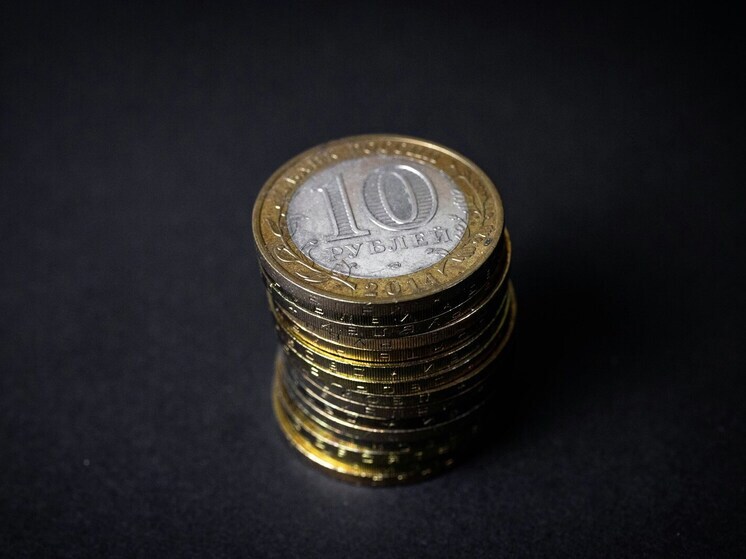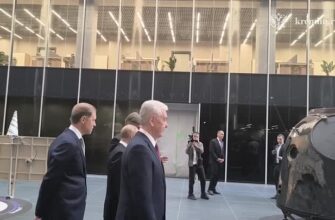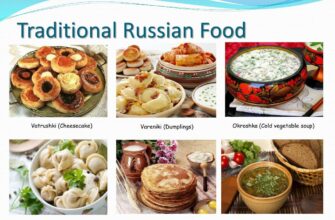
As the days grow shorter and the crisp air of autumn settles across Russia, a significant number of its citizens face an important annual decision. Roughly 15 million federal beneficiaries – a diverse group including individuals with disabilities, veterans, and other categories entitled to state support – must, by October 1st, determine the form in which they will receive their social benefits for the upcoming year: as tangible, in-kind services, or as a direct cash equivalent. This choice, as outlined by the Social Fund of Russia (SFR), is more than just a bureaucratic formality; it’s a personal economic puzzle with real-world implications.
The Core Dilemma: Services vs. Liquidity
The Russian government’s social support system offers two distinct pathways, each with its own advantages. The “in-kind” option provides direct access to a bundle of essential services, designed to cover fundamental needs without the beneficiary needing to manage the funds themselves:
- Pharmaceutical and Medical Provisions: This includes access to vital prescribed medications, various medical devices, and even specialized therapeutic nutrition specifically for children with disabilities. It’s a direct lifeline for health-related necessities.
- Sanatorium and Spa Treatment: Beneficiaries are eligible for vouchers that grant them access to health resort stays. These are typically aimed at the prevention and rehabilitation of various chronic conditions, offering a period of focused care and rest.
- Transportation Privileges: This component ensures free travel on suburban electric trains, as well as intercity transport when journeying to and from designated treatment locations. It alleviates the financial burden of travel, especially for those in need of specialized medical care far from home.
The alternative is to forgo these specific services entirely in favor of a monthly cash payment. This year, opting for a complete renunciation of all the aforementioned services translates to a monthly compensation of 1728.46 rubles. This sum, a pragmatic concession to inflation, undergoes an annual adjustment to maintain its purchasing power and relevance within the national economy.
A Closer Look at the Numbers
For those deliberating the cash option, understanding the individual monetary valuation of each service component can be illuminating:
- The value attributed to medicines, medical devices, and specialized nutrition stands at 1331.30 rubles per month.
- The monthly equivalent for a sanatorium voucher is 205.95 rubles.
- Transportation benefits are valued at 191.21 rubles per month.
One of the system`s more nuanced features, and perhaps a source of mild confusion for some, is the provision for partial refusal. This means a beneficiary isn`t forced into an all-or-nothing choice. They could, for example, choose to retain their entitlement to sanatorium treatment and the associated travel benefits, while simultaneously opting for cash compensation for their pharmaceutical needs. This flexibility is designed to allow individuals to customize their support package, recognizing that personal circumstances and needs are rarely static.
The Choice Mechanism: Simple Yet Sticky
The process for making this choice is designed for accessibility, catering to a broad demographic. Beneficiaries can submit their decision through the comprehensive “Gosuslugi” (Public Services) portal, visit a local SFR client service office, or utilize a Multifunctional Centre (MFC). A crucial point to grasp is the persistence of the decision: once a choice is made, it takes effect from the following year and remains valid indefinitely until a new application is submitted. For those who have previously made their selection and haven`t encountered a compelling reason to change it, no further action is required; their existing arrangement will simply roll over.
The SFR underscores that this annual decision is pertinent to all federal beneficiaries. Intriguingly, data from “Delovaya Rossiya” (Business Russia) for 2024 reveals a distinct trend: a significant majority, 65% of the 15.2 million eligible Russians, chose monetary compensation, with only 35% opting for the in-kind services. It appears the allure of direct, flexible cash often outweighs the structured provision of specific goods and services, a telling indicator of individual priorities in modern economic conditions.
Expert Insights: Beyond the Ruble Value
Economist Andrey Loboda views this annual decision as more than a simple financial transaction; he sees it as a strategic reinforcement of the state`s broader social safety net. Loboda points to the government`s consistent indexing of benefits, underscoring that while 1700 rubles may not fund extravagant pursuits, for the most vulnerable segments of the population, it represents a tangible and often crucial supplement. “For the elderly and socially vulnerable, such money will certainly not be superfluous,” Loboda observes, highlighting the immediate and flexible relief cash can offer. He suggests that the expanding realization of these social programs strengthens the overall social well-being of the population – a commendable goal, even if a monthly sum might feel like a modest gesture.
Mark Goikhman, an expert from ForexBY, elegantly distills the essence of the decision, quoting a Russian poetic adage: “Everyone chooses for himself.” This sentiment perfectly captures the deeply personal nature of the choice. Goikhman advises a rigorously pragmatic approach: if one`s average monthly expenditure on essential medicines or required sanatorium treatments consistently exceeds the cash equivalent of approximately 1730 rubles, then, from a purely economic standpoint, the in-kind benefits offer superior value. However, he acknowledges the prevailing preference for cash, a decision often driven by the desire for immediate financial autonomy.
Goikhman, however, introduces a critical, technically-minded caveat with a touch of dry irony: this choice, once cemented for the year, is immutable. This “sticky” nature of the decision demands careful foresight and a thorough personal risk assessment. What if an unforeseen medical condition arises, requiring pharmaceuticals far exceeding the cash compensation? This is where the wisdom of a “strict technical style” of personal planning becomes paramount. He thoughtfully suggests a hybrid approach might be the most judicious for many: perhaps opting for cash for services like sanatoriums if no such trip is anticipated, but staunchly retaining the in-kind pharmaceutical benefits as a prudent safeguard against the unpredictable landscape of health expenses. After all, as another poet, Andrei Dementyev, sagely penned, “Never regret anything in hindsight.”
The Enduring Choice
The annual benefit selection process in Russia stands as a nuanced reflection of its social and economic policy, striving to balance administrative efficiency with the individual autonomy of its citizens. It empowers beneficiaries with agency over their support, allowing them to choose between the structured predictability of direct services and the adaptable utility of liquid funds. As the October 1st deadline approaches, 15 million citizens will engage in this thoughtful deliberation, weighing immediate financial comfort against the potential for future security, a choice as intrinsically personal as it is profoundly impactful. In this annual balancing act, there is no universally correct answer, only the one that best aligns with the unique circumstances and foresight of “oneself.”








